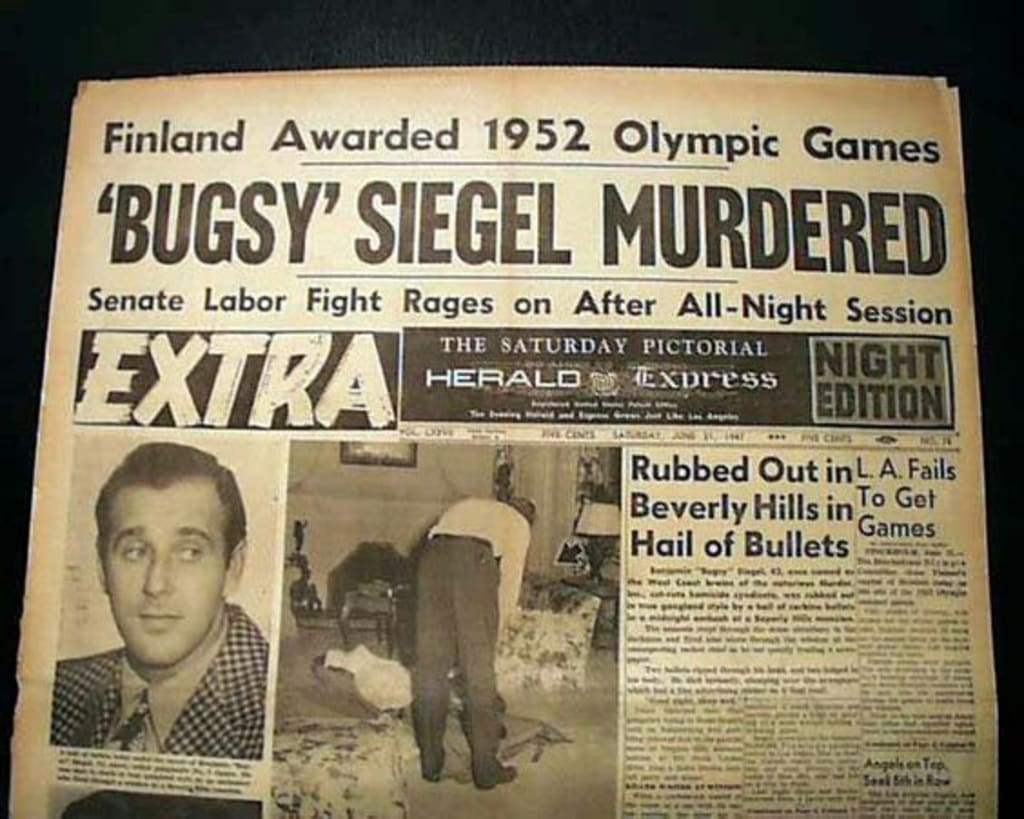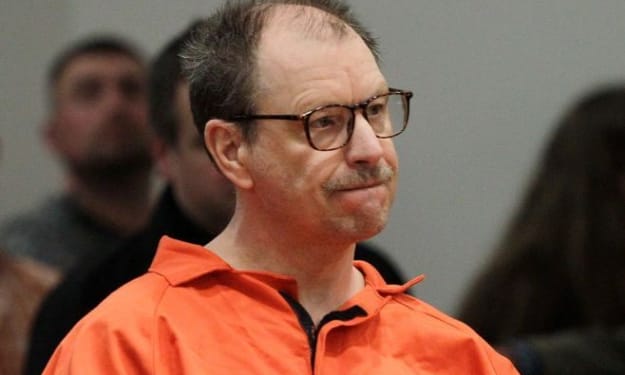
Introduction:
In the pantheon of unsolved mysteries and gruesome crimes, the Black Dahlia Murder stands as a chilling testament to the dark underbelly of Hollywood in the late 1940s. The victim, Elizabeth Short, was a young and aspiring actress whose life came to a tragic and brutal end, leaving a trail of speculation, intrigue, and unanswered questions. As we delve into the depths of this haunting mystery, we unravel the events surrounding the Black Dahlia Murder and explore the enduring enigma that continues to captivate the imagination of true crime enthusiasts.
Elizabeth Short: The Black Dahlia:
Elizabeth Short, nicknamed the Black Dahlia due to her penchant for wearing dark clothing and her long, flowing black hair, was a 22-year-old aspiring actress seeking fame and fortune in the glitzy world of Hollywood. Born on July 29, 1924, in Boston, Massachusetts, Short's dreams brought her to Los Angeles, where she hoped to make a name for herself in the burgeoning film industry.
Short's life took a tragic turn on January 15, 1947, when her mutilated and bisected body was discovered in a vacant lot in Leimert Park, Los Angeles. The brutality of the crime shocked the nation and marked the beginning of one of the most infamous murder investigations in American history.
The Gruesome Discovery:
Betty Bersinger, a local resident out for a morning walk with her young daughter, made the grisly discovery of Short's body. Severed at the waist and posed in a grotesque manner, Short's remains were arranged in a manner that suggested a deliberate attempt to shock and horrify. The killer had meticulously drained her body of blood, further adding to the macabre nature of the crime scene.
News of the Black Dahlia Murder spread like wildfire, capturing the attention of the media and the public. The sensationalized reporting that followed would turn the case into a media circus, with the salacious details of the crime becoming a morbid fascination for the American public.
The Investigation:
The LAPD's investigation into the Black Dahlia Murder was marked by a series of dead ends, false leads, and the absence of a clear motive. The case file swelled with tips and theories, but the identity of the killer remained elusive. The lack of substantial evidence and the mysterious nature of Short's personal life only added to the complexity of the investigation.
The killer seemed to have left behind tantalizing clues, including a cryptic note mailed to the Los Angeles Examiner, but these only deepened the mystery. The note contained words cut from newspapers, forming a message that taunted the police and the media. Despite the apparent desire for attention, the identity and motive of the killer remained shrouded in darkness.
Media Sensation:
The Black Dahlia Murder became a media sensation, with newspapers and tabloids vying for the most sensational headlines. The press coverage not only fueled public curiosity but also perpetuated numerous myths and theories surrounding the case. Elizabeth Short's life, already marked by tragedy, was reduced to a sensationalized narrative, overshadowing the person behind the gruesome crime.
The media's portrayal of Short, often focusing on her personal life and relationships, added a layer of complexity to the investigation. Rumors and speculations ran rampant, creating a narrative that sometimes deviated far from the realities of the case.
Theories and Suspects:
Over the decades, numerous theories and suspects have emerged, ranging from the plausible to the outlandish. Some have suggested that the Black Dahlia Murder was the work of a serial killer, while others pointed to the involvement of organized crime. The infamous "Avenger" theory proposed by a former LAPD detective suggested that the killer was a doctor seeking revenge for the death of his daughter due to a failed medical procedure.
Among the list of suspects were individuals known to Short, including acquaintances and lovers. However, the lack of concrete evidence and the passage of time have rendered these theories inconclusive, allowing the mystery to persist.
The Impact on Hollywood:
The Black Dahlia Murder had a profound impact on Hollywood, casting a long and haunting shadow over the glamour of the film industry. The gruesome nature of the crime fueled a narrative that depicted Los Angeles as a city hiding dark secrets beneath its glitzy exterior. The portrayal of Hollywood as a place where dreams could be shattered as violently as they were pursued added a layer of noirish intrigue to the city's mystique.
The case also influenced popular culture, inspiring numerous books, films, and documentaries. James Ellroy's novel "The Black Dahlia," later adapted into a film by Brian De Palma, offered a fictionalized account of the murder, weaving a tale of corruption and obsession against the backdrop of post-war Los Angeles.
The Black Dahlia in Popular Culture:
The enduring fascination with the Black Dahlia Murder is evident in its continued presence in popular culture. Countless books, documentaries, and films have attempted to shed light on the mystery, often presenting speculative narratives and fictionalized accounts of the crime.
From David Fincher's film "Zodiac," which explores the complexities of unsolved crimes, to true crime podcasts dissecting the intricacies of the case, the Black Dahlia Murder remains a recurring topic of interest. The unsolved nature of the crime, coupled with the Hollywood backdrop and the mysterious persona of Elizabeth Short, continues to capture the imagination of storytellers and audiences alike.
Conclusion:
Seventy-five years after the discovery of Elizabeth Short's lifeless body in that vacant lot in Los Angeles, the Black Dahlia Murder remains one of the most perplexing and enduring mysteries in American criminal history. The unanswered questions, the lack of a clear motive, and the gruesome nature of the crime have elevated the case to legendary status, making it a subject of fascination and speculation for generations.
As we reflect on the Black Dahlia Murder, we are reminded of the complexity of true crime investigations and the enduring allure of unsolved mysteries. The legacy of Elizabeth Short lives on not only in the chilling details of her tragic end but also in the cultural impact of a crime that continues to haunt the corridors of Hollywood's dark history. The quest for answers may persist, but the Black Dahlia Murder stands as a somber reminder of the elusive nature of justice in the face of unsolved crimes.
COMMENT YOUR THOUGHTS....
About the Creator
Kobra
"Enter the dark and twisted world of the unknown I lead you through the shadows on a journey into the depths of the unknown."
"Uncovering darkness"






Comments
There are no comments for this story
Be the first to respond and start the conversation.